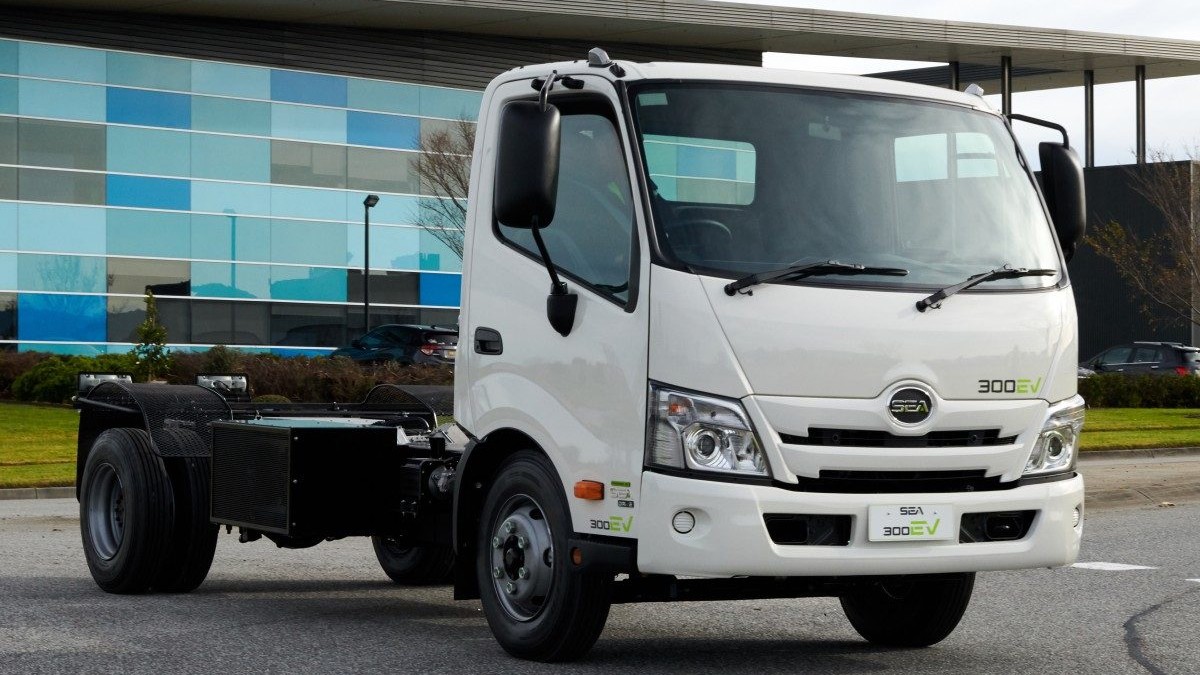SEA Electric targets 7% zero-emission new truck sales in 2024

SEA Electric is applauding the recently released ‘Grattan Truck Plan: practical policies for cleaner freight,’ supporting the push to implement sustainable solutions for Australia’s transport fleet.
The Grattan Institute has called for 2% of new truck sales to be zero-emissions in 2024.
However, SEA Electric said this could be expanded to 7%.
SEA Electric founder and CEO, Tony Fairweather, said the Grattan Institute could go further and meet the already-accepted baselines set elsewhere around the world.

“At SEA Electric we commend the work by the Grattan Institute in highlighting the very real issues which face the transport industry, and wider society in Australia today,” he said.
“Across the world, there are jurisdictions which have led the way with introducing guidelines for transport manufacturers and fleets to adhere to.
“For instance, the Advanced Clean Trucks (ACT) Regulation, which has been implemented by the California Air Resources Board, (CARB) and has now been adopted by many states across the US, is accelerating the first wave of zero-emission trucks to enter the marketplace,” he said.
Fairweather said Sea Electric is calling for this same framework to be replicated in Australia, actively lobbying the Federal Government for action.
“We need clear air quality targets, an understanding of the environmental impacts of transport, combined with zero-emission truck sales targets and company and fleet reporting,” he said.
He said the truck manufacturers that participate in the USA market are the same that are dominant in Australia, so there is no reason why it wouldn’t and couldn’t work locally.
“The Grattan Institute called for 2%of new truck sales being zero-emissions in 2024 but there is no reason this could not easily be expanded to 7%.
“It is somewhat disappointing to see some of the comments that have come from within the industry since the release of the report, there is clearly room for more education around the current possibilities in zero emissions transport.
“We look forward to working with the industry to advance the country’s march towards our net zero-emissions goals.”





